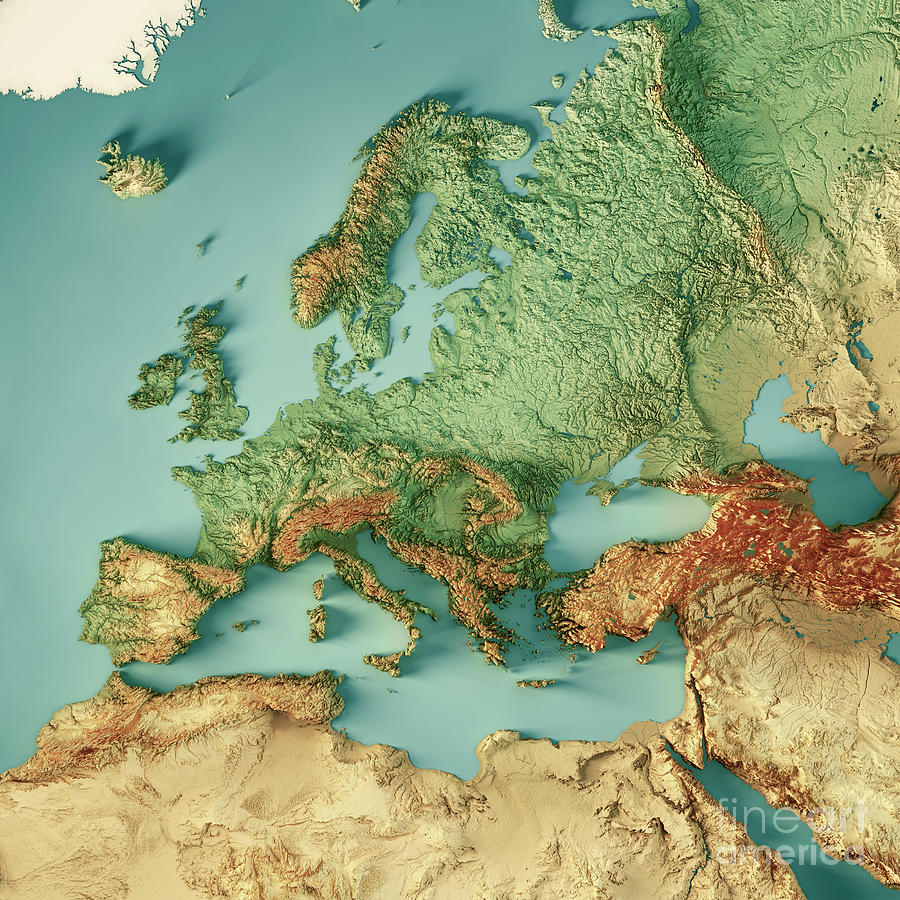If I remember correctly, this is also one of the leading explanations why the Pennsylvania Dutch are called like that even though they speak German (or a German dialect).
- 0 Posts
- 9 Comments
Wow, these guys are even more awesome than I thought then…
Is Google Chrome fighting uBlock country-specific? I use Chrome on Win 10 with uBlock and haven’t seen a YouTube ad outside of the mobile app in ages. For me, uBlock never stopped working in Chrome and I watch YouTube videos every 1-2 days.

 1·6 months ago
1·6 months agoA few bad things in code for which we have fairly consistent evidence:
- high nesting depth
- meaningless or single-letter variable names
- lots of code duplication
- very inconsistent formatting
- very complicated Boolean conditions with AND and OR
- functions with a lot of parameters

 0·6 months ago
0·6 months agoAs a software engineering researcher, I strongly agree. SE research has studied code comprehension for more than 40 years, but for that amount of time, we know surprisingly little about what makes really high-quality code. We are decent in saying what makes very bad code, though, but beyond extreme cases, it’s hard to come to fairly general statements.

 5·1 year ago
5·1 year agoThat’s a great analogy via movie quotes if I’ve ever seen one! Need to rewatch that movie… :)

 4·1 year ago
4·1 year agoI’m confused about this as well. Why is this trial happening before one that would bring criminal charges for the insurrection to lock him up? If he lost such a trial, he would be automatically banned from running, right? Or is the required evidence different for this one and that’s why they go with it?

 4·1 year ago
4·1 year agoWhile I agree with the general notion of this, there are still companies that are considerably worse than others. Choosing the lesser evil is still something that would overall help society and the planet.


I recently read an interesting article proposing to get rid of the current peer review system: https://www.experimental-history.com/p/the-rise-and-fall-of-peer-review
The argument was roughly this: for the unfathomable (unpaid) hours spent on peer review, it’s not very effective. Too much bad research still gets published and too much good research gets rejected. Science would also not be a weak-link problem but a strong-link problem, i.e., scientific progress would not depend on the quality of our worst research but of that of our best research (which would push through anyway in time). Pretty interesting read, even though I find it difficult to imagine how we would transition to such a system.